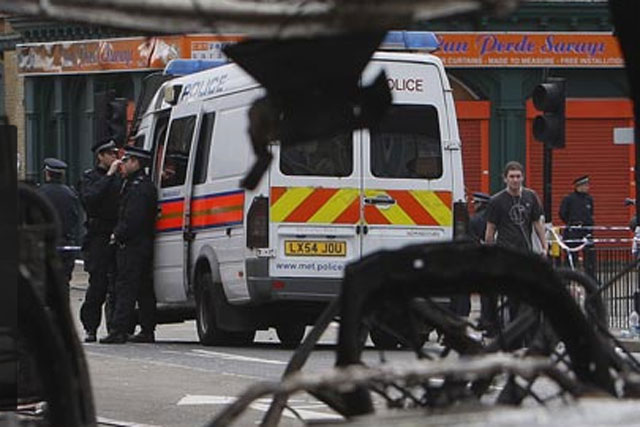The coverage of the riots that spread across the UK over the past few days showed a wide range of businesses and brands targeted by looters. There have been some interesting themes emerging from this, disturbing and troubling and far more important than the immediate material cost of products and premises.
At first it seemed that there was neither rhyme nor reason to the retail brands that were targeted – it did beg the question; why would a group of rioters want to target Carpetright? Boarding up a Lush store (are the rioters desperate for bath bombs?) just seemed a bit over cautious.
A theme began to emerge on the brands that were being targeted for looting. According to reports, the most-hit places included JD Sports, Argos, Currys, Foot Locker, and Carphone Warehouse. So the fact that a coveted pair of Nikes, the latest Nokia smartphone or a 44-inch LED TV were suddenly within easy reach to those who chose to loot and riot, it starts to become about something else entirely, not protest but targeted free shopping.
Opportunism became a dominant theme – but a theme with a risk for the brands being targeted. I still have trouble choosing to go into Burberry after the associations with Britain’s underclass – and that was a decade ago. Now, I feel uncomfortable wearing my Adidas trackies for fear of association. Guilt by association. What a cost for an innocent brand to pay. Or are they really innocent?
With boredom rife, it is not surprising then that entertainment items went to the top of the looters’ lists; stores that were hit such as T-Mobile, Comet, Richer Sounds, Bang & Olufsen highlight this point. It’s evident that much of the behaviour we have seen is about boredom versus excitement, which is reflected in the goods that were chosen to steal.
Sky’s latest TVC, which shows how easily TV can be accessed on the go, where it literally morphs into an iPhone, a laptop or an iPad, is very seductive, fuelling a desire for the latest technologies. How exasperating for those who enjoy boys' toys the most to be forever alienated from the chance of owning one.
We are all constantly being shown images of desirable cars, new personal technology, designer brands and sporting goods that many will never get to own. But brands can help bring the dispossessed on a journey of redemption rather than envy. Take the example of Diesel’s recent campaign ‘Be Stupid’ – perhaps taken too literally in Manchester. I felt that Diesel looked pretty stupid themselves as their windows were smashed, stock ransacked and trading disrupted.
What should the response be for Diesel? We believe that they can engage and that they have a duty to engage. Rash, facile (that’s how it looks today) statements like 'Be stupid' need reassessing. It's got to be deeper than communications and now it must be about action and engagement. If Diesel are so desirable to this audience, then Diesel can be part of the answer.
How can youth brands engage with all audiences and help improve lives for the better? Short-term sales goals would present a case for ignoring those without the cash to pay for goods and services. Long-term CSR agendas must temper this and encourage marketing teams to engage broader audiences, thus raising their game in the eyes of a society sceptically looking on in horror.
On Sunday 7 August, the same night it was all kicking off in Enfield, Umbro teamed up with ‘London’s seminal live music broadcaster' Boiler Room, to host a one-day event at Haggerston Park in Hackney. This event brought together groups of local people over music and a friendly game of football. More of this please. Engage and play our part as brand owners and guardians. I’ve always believed that if you can help, then you should.


